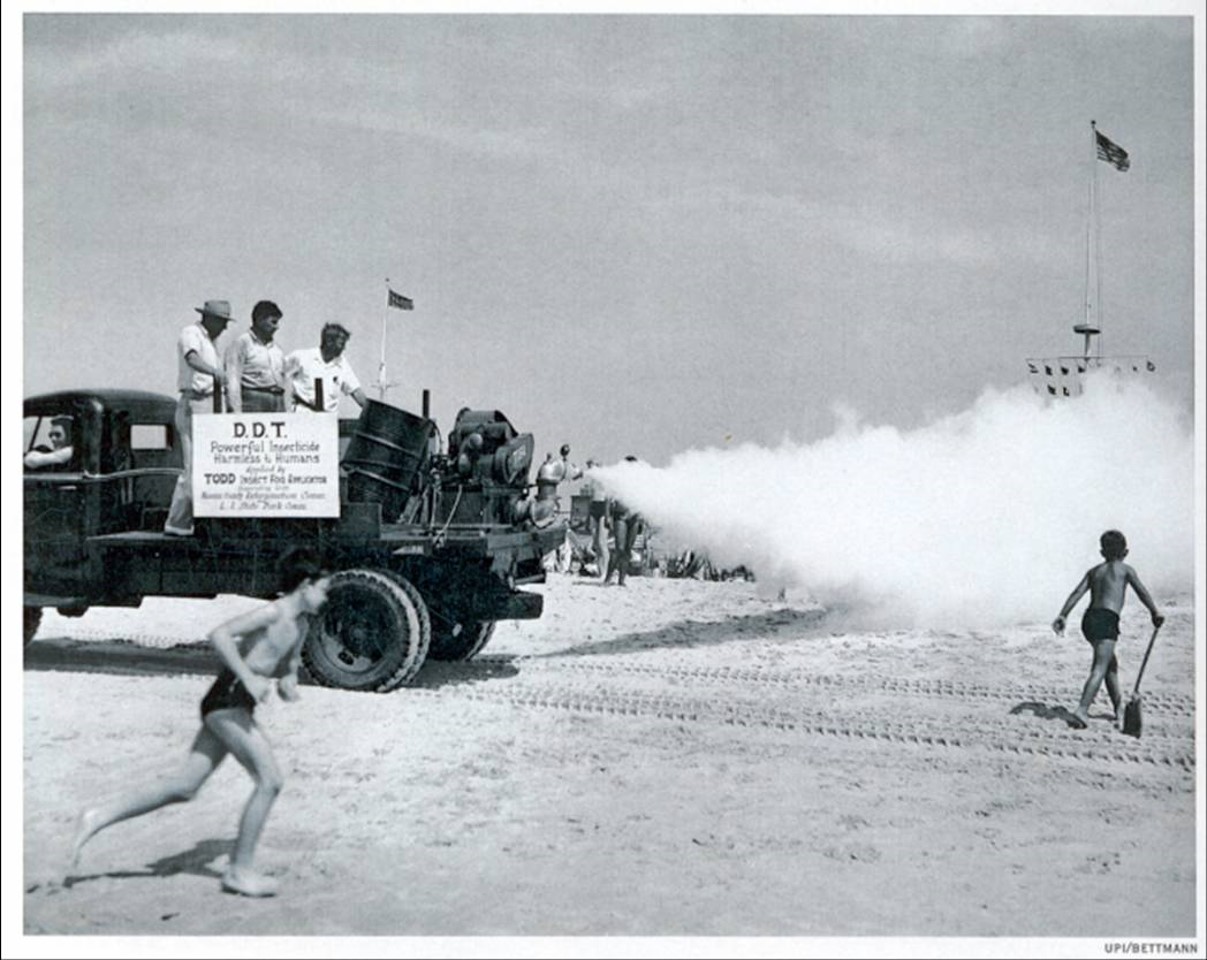Aptitude Tests in Career Assessment: Understanding Right and Wrong Answers
Understand career assessments with objective answers
When explore career options, many people turn to assessments for guidance. Most career assessments fall into subjective categories — measure interests, values, or personality traits where no answers are inherently right or wrong. Nonetheless, aptitude tests stand aside as one of the few career assessment tools that do have objectively correct and incorrect answers.
Aptitude tests: the objective career assessment
Aptitude tests measure specific abilities, skills, and capacities through questions with definitive right and wrong answers. Unlike interest inventories or personality assessments, aptitude tests evaluate what you can do kinda than what you prefer to do.
These tests measure cognitive abilities such as:
- Numerical reasoning
- Verbal comprehension
- Spatial awareness
- Logical reasoning
- Mechanical aptitude
- Technical skills
For example, a numerical reasoning question might ask you to identify the next number in a sequence, and simply one answer is mathematically correct. Likewise, a spatial reasoning question show fold paper patterns have entirely one correct interpretation of how the unfolded shape would appear.
Examples of career aptitude tests with right / wrong answers
Several easily establish aptitude assessments use objective scoring methods:
1. Armed services vocational aptitude battery (aAsia))
The Asia is peradventure the virtually wide administer aptitude test in the uUnited States use by the military to determine qualification for enlistment and assignment to military occupational specialties. The test consist of multiple sections include:
- Word knowledge
- Paragraph comprehension
- Arithmetic reasoning
- Mathematics knowledge
- General science
- Electronics information
- Auto information
- Shop information
- Mechanical comprehension
Each section contain questions with definitive correct answers, measure both academic ability and technical knowledge.
2. Differential aptitude test (dtha)
The that measures multiple cognitive abilities include:
- Verbal reasoning
- Numerical ability
- Abstract reasoning
- Mechanical reasoning
- Space relations
- Spell
- Language usage
Use in educational and career counseling settings, the that provide objective scores in each area, helping identify strengths that might align with specific career paths.
3. Bennett mechanical comprehension test (bBMT))
The BMT specifically measure understanding of physical and mechanical principles. It’s usually use in industrial and technical fields to assess aptitude for roles require mechanical reasoning. Questions involve physics concepts like leverage, pulleys, electricity, and tool usage — all with definitive correct answers.
4. Wonder personnel test
The Wonder is a cognitive ability test that measure general intelligence through questions with right and wrong answers. It’s use by employers across various industries to assess a candidate’s problem solve abilities and potential job performance.
5. O*net ability profiler
Develop by the U.S. department of labor, this assessment measure nine ability areas:
- Verbal ability
- Arithmetic reasoning
- Computation
- Spatial ability
- Form perception
- Clerical perception
- Motor coordination
- Finger dexterity
- Manual dexterity
Each section contains objectively score questions or tasks.

Source: career.iresearchnet.com
How aptitude tests differ from other career assessments
To understand why aptitude tests stand out, it’s helpful to compare them with other common career assessment types:
Interest inventories (no right / wrong answers )
Assessments like the strong interest inventory or Holland code (rraised)measure career interests and preferences. These tests ask questions about activities you enjoy or would prefer to do. Since they measure personal preferences, there be no correct or incorrect responses — entirely answers that accurately reflect your interests.

Source: careerassessments.weebly.com
For example, whether you prefer work with data or people is a matter of personal preference, not ability.
Personality assessments (no right / wrong answers )
Tests like the Myers-Briggs type indicator (mMBTI) big five personality assessment, or disc profile measure personality traits and behavioral tendencies. These assessments help identify work environments and roles that might align with your natural temperament.
Again, these have no right or wrong answers — being introvert or extrovert, for instance, just reflect different but as valid personality types.
Values assessments (no right / wrong answers )
Values assessments like the career values scale measure what motivate you and what you find important in a job — such as autonomy, prestige, help others, or creativity. These are completely subjective and personal.
Skills inventories (partly objective )
Skills inventories frequently combine self report with some objective elements. While they may ask you to rate your proficiency in various skills (subjective ) some besides include skill demonstrations or knowledge tests with right and wrong answers ( (jective ).)
The value of objective assessment in career planning
Aptitude tests serve several unique purposes in career development:
Identify hidden talents
Many people have natural abilities they’ve ne’er amply explore or recognize. Aptitude tests can reveal strengths that might not be apparent through self reflection unequalled. Someone might discover unexpected spatial reasoning abilities that could lead to success in engineering or architecture, despite ne’er having consider these fields.
Reality testing
While interest assessments tell you what career you might enjoy, aptitude tests provide insight into areas where you’re likely to succeed. This combination help create a more realistic career plan. For instance, a person might be interested in medicine but struggle with scientific reasoning — aptitude testing could help redirect them to healthcare roles that intimately match their cognitive strengths.
Target skill development
By identify specific strengths and weaknesses, aptitude tests can guide focused skill development. If someone score advantageously in verbal reasoning but lower in numerical reasoning, they might prioritize math relate training to broaden their career options.
Reduce bias in career exploration
Objective aptitude measures can help people consider careers they might differently overlook due to gender stereotypes, cultural expectations, or limited exposure. A woman who score exceptionally intimately on mechanical reasoning might be encouraged to explore engineering fields she hadn’t antecedently consider.
Limitations of aptitude testing
Despite their value, aptitude tests have important limitations to consider:
Point in time measurement
Aptitude tests measure current abilities, not potential. Many cognitive skills can be developed with education and practice, hence low scores don’t inevitably indicate permanent limitations.
Cultural and educational bias
Some aptitude tests may contain cultural or educational biases that disadvantage certain groups. Test designers work to minimize these biases, but they remain a concern.
Narrow scope
Aptitude tests typically measure specific cognitive abilities but miss other important factors for career success such as emotional intelligence, creativity, resilience, or interpersonal skills.
Motivation factors
Have aptitude for something doesn’t guarantee interest or motivation. Someone might excel at mathematical reasoning but find related careers unfulfilled.
Integrating aptitude tests with other career assessments
Career development experts recommend use aptitude tests as one component of a comprehensive career exploration process. The virtually effective approach combine:
-
Aptitude tests:
To identify abilities (what you can do ) -
Interest inventories:
To clarify preferences (what you enjoy ) -
Values assessments:
To understand motivations (what matter to you ) -
Personality assessments:
To recognize work style (how you operate )
This multi faceted approach provide a more complete picture for career decision-making than any single assessment type entirely.
When to use aptitude tests in career planning
Aptitude tests are specially valuable at certain career development stages:
Early career exploration
High school and college students can benefit from aptitude testing to expand their awareness of potential career paths before make educational investments.
Career transitions
Workers consider major career changes can use aptitude tests to identify transferable skills and unexplored abilities that might open new pathways.
Advancement planning
Professionals seek advancement can use specialized aptitude assessments to identify strengths and development needs for higher level positions.
Return to the workforce
People return after extended absences might use aptitude testing to reconnect with their strengths and identify new opportunities.
Accessing aptitude tests
Quality aptitude tests are available through several channels:
Career counseling services
Professional career counselors typically offer access to validate aptitude assessments along with expert interpretation of results.
Educational institutions
Many high schools, colleges, and universities provide aptitude testing through their career services departments.
Workforce development centers
Government fund workforce centers oftentimes offer free or low cost aptitude testing to jobseekers.
Online platforms
Several online platforms offer aptitude testing, though quality vary importantly. The virtually reliable options are those affiliate with establish testing organizations or educational institutions.
Interpreting aptitude test results
Get the most value from aptitude tests require thoughtful interpretation:
Focus on patterns
Look for patterns of strengths quite than fixate on individual scores. A cluster of relate abilities oftentimes point toward promise career directions.
Consider relative strengths
Pay attention to your personal profile of relative strengths quite than compare scores to others. Level if you score low down than average in absolute terms, your strongest areas relative to your own profile are noneffervescent meaningful indicators.
Connect to career information
Use resources like the o*net database to connect aptitude profiles with specific occupations that tend to require those abilities.
Seek professional interpretation
When possible, review results with a qualified career counselor who can help translate scores into meaningful career directions.
Conclusion
Among career assessments, aptitude tests stand out for have objectively right and wrong answers. This unique characteristic make them valuable tools for identify cognitive strengths and potential career fits base on abilities kinda than precisely preferences.
While no single assessment can provide a complete career roadmap, aptitude tests offer objective data that complement the subjective insights from interest, personality, and values assessments. By understand both what you can do advantageously and what you enjoy do, you can make more informed career decisions that align with your full potential.
For those explore career options or consider changes, aptitude testing provide an evidence base foundation that can expand horizons, challenge assumptions, and illuminate paths to success that might differently remain undiscovered.



